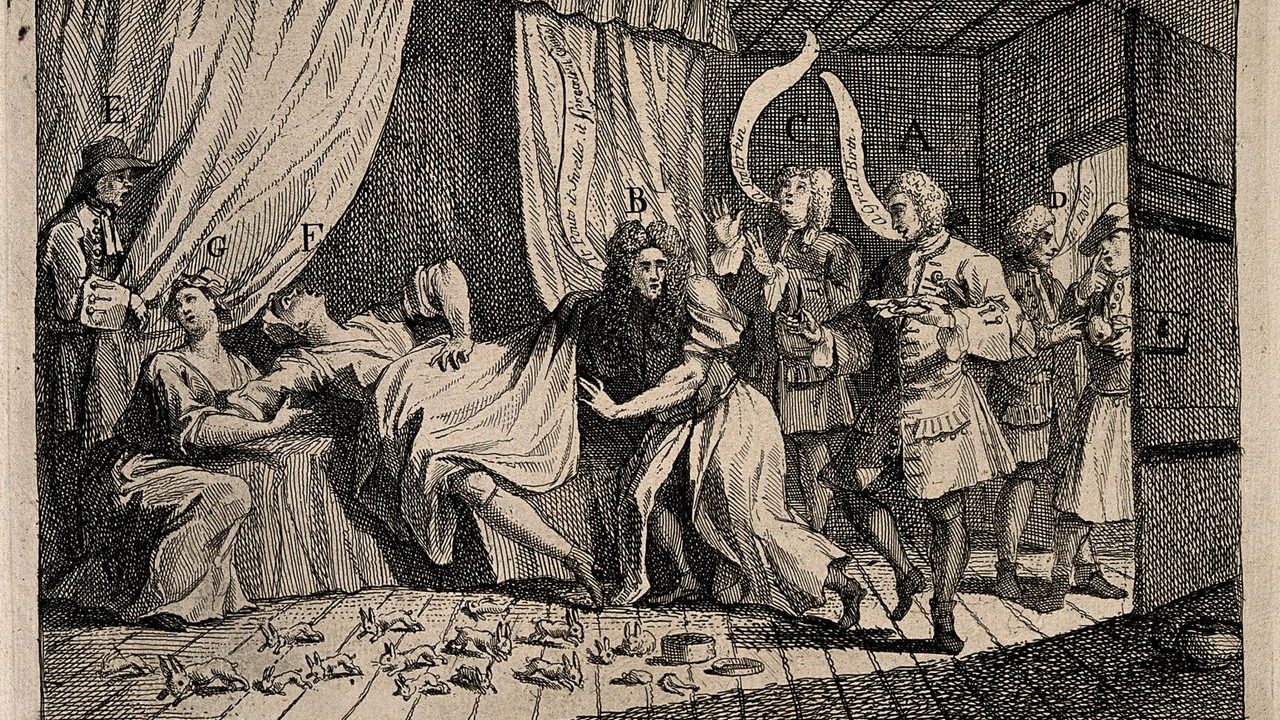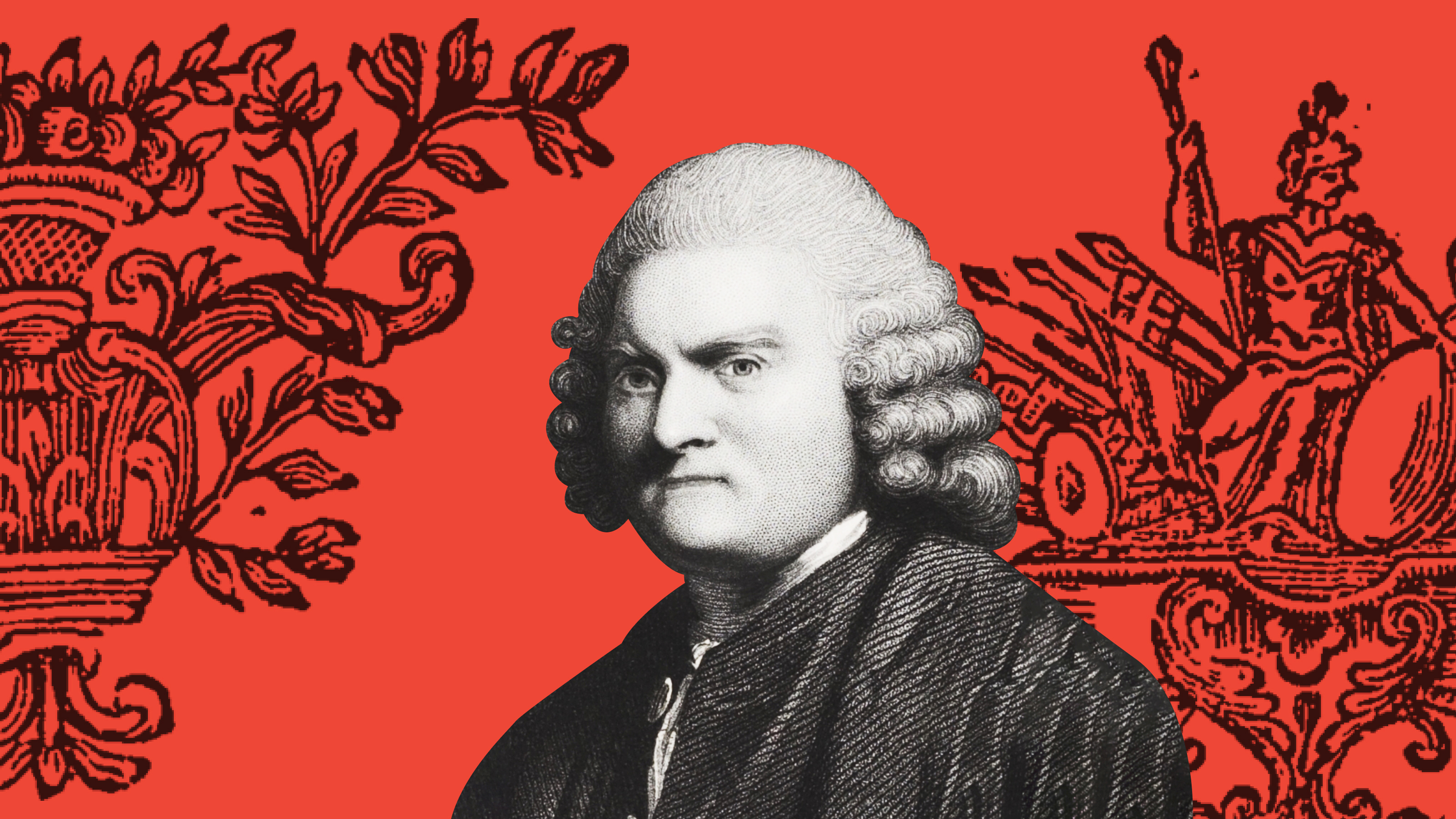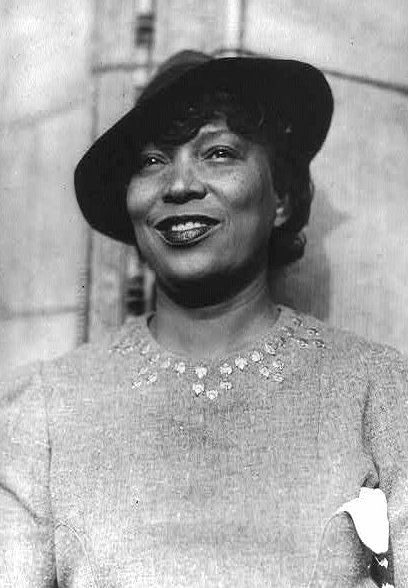Centaurs, Ligers, Doctor-Poets, and Other Hybrid Breeds

Guest Post by Jenna Le. Jenna Le has worked as a physician in Queens and the Bronx, New York City. Her first full-length collection of poetry, Six Rivers, was published by New York Quarterly Books in August 2011.
I am a poet by night; by day, I am gainfully employed as a physician. By no means does this confluence of traits make me unique. Though you may never have met one, doctor-poets are actually nowhere near as scarce as centaurs, ligers, or other hybrid breeds. William Carlos Williams is perhaps the best-known of our tribe, but our ranks have included many others, dispersed across continents and centuries. Dannie Abse, an aging Welshman with a gloriously musician-like ear, is one celebrated example. And Poetry magazine recently profiled Gottfried Benn, a mid-century German doctor-poet who in his simultaneously gorgeous and repulsive writings reminisced on various cadavers he had autopsied. Benn approaches this difficult subject with the same feelings of disorientation, alienation, and faint disgust that he applies elsewhere to unrelated topics such as modern courtship and European nightlife.
Convention has it that all true poets are La Bohème types, living in dignified poverty, unwilling or unable to hold down a “respectable” job. It is this firsthand knowledge of poverty, you could argue, that gives poets the worldliness that makes them wise. Even more important than firsthand knowledge of poverty, though, is lack of respectability. It is the stereotypical poet’s lack of respectability that puts him at liberty to attack societal institutions with absolute honesty, without fear of reprisals at the workplace or elsewhere.
According to time-honored stereotypes, then, doctor-poets are an impossibility, a contradiction in terms. When I first embarked on my current career path, thoughts like these often kept me awake at night, and it was only mildly comforting to read William Carlos Williams’s thoughts on the matter, as spelled out in Chapter 2 of his Autobiography:
“It was money that finally decided me. I would [be a doctor], for I was determined to be a poet; only medicine, a job I enjoyed, would make it possible for me to live and write as I wanted to. I would marry, have children, and still write, therefore, to write. I would not court disease, live in the slums for the sake of art, give lice a holiday. I would not ‘die for art,’ but live for it! [I would] beat the game and be free…”
When I first read this passage, I wondered, “What kind of freedom does he mean?” In pursuing a medical career at the same time that I am pursuing a literary career, am I purchasing economic freedom at the price of creative freedom? Even now, as I’m on the brink of publishing my first collection of poems, I don’t have a clear answer to this question.
Being a doctor-poet, I think, requires a special brand of recklessless, since the risk of incurring reprisals at the workplace is very real. In interviews, the contemporary doctor-poet Rafael Campo frequently talks about how he has been persecuted at his workplace for writing poems that deal frankly with such taboo topics as homosexuality. And yet, despite the risks involved, Campo courageously persists at what he does, approaching both of his chosen professions with truthfulness, integrity, and even optimism: “I’m hopeful in the end that we’ll have room for all the storytellers in medicine—not just the Nuland’s and Sacks’s and Remen’s, but also those who speak honestly and openly from outside the mainstream.” Time will tell whether Campo’s rosy outlook is prophecy or just wishful thinking.
[Image: Liger at Novosibirsk Zoo, Novosibirsk, Russia. Courtesy Wikimedia Commons.]





